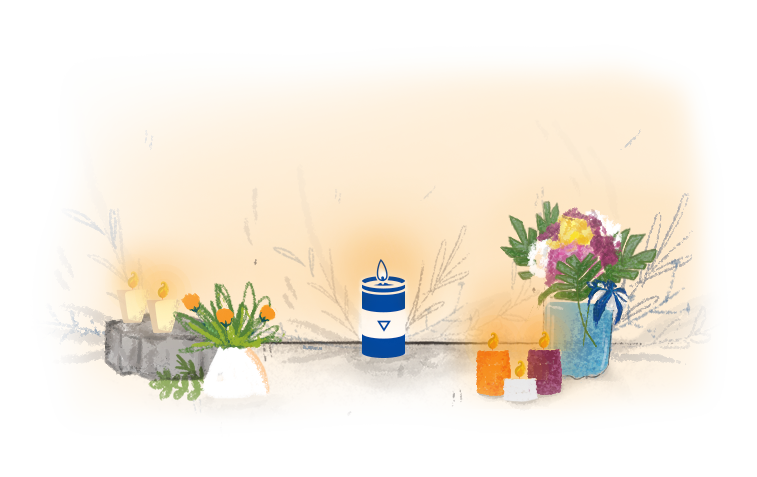
Mario Antonio Martínez Peralta
18 Years Old - Worker

Mario Antonio Martínez Peralta
“We moms aren’t alone. We’re united by the same pain.”
Murdered in León on July 6, 2018
Mario Antonio Martínez Peralta’s aunt, Fanny Mercedes Hernández, describes him as a very intelligent boy, an 18-year-old who knew how to solder, plaster, and do carpentry and electrical work. “He made sidewalks, tiled, and there was nothing he couldn’t repair,” she explains. “He got as far as sixth grade, but he was intelligent and could invent anything. He worked with his father on building work and in all areas of construction.”
Toñito, as he was known in the neighborhood, was a good determined person who could earn people’s trust. He got on well with his siblings, but he was very close to his aunt. “He trusted me,” Fanny Mercedes recalls. “He wasn’t very expressive and he was very quiet. He never did anyone any harm… he was sensitive to other people’s problems and helped anyone who needed it. He wanted to earn money to help his mom out.”
His mom, Claudia María Peralta Hernández, says that when Toñito was at home he used to listen to music and dance and he went out to the sidewalk to chat with his friends. “He was happy, handsome and very flirtatious,” she recalls. She adds that he was in the Sandinista Youth [JS for its initials in Spanish] for a while, “but on Mother’s Day he comes and says to me, ‘I’m not someone who can go around killing anyone and that’s why they called me. I’ve reached the end of the line with them.’”

When she found out that Mario Antonio was involved in the protests she asked him to keep away because something might happen to him, but he answered, “Oh, mom! You’re scared of everything! Don’t be afraid; we’re after a free Nicaragua…”
“He went over to the blue and whites because he didn’t like what the [FSLN] departmental people were doing,” his aunt says. “He saw that the people in the JS were turning up to throw stones at the guys at the roadblocks. So he started to fight with those guys and to participate in the marches. Then after they dismantled the roadblock on the highway to Chinandega he came to the roadblock at the Municipal Slaughterhouse in León. He was there until they ‘cleaned up’ all the roadblocks on July 5. He managed to get out alive and went to sleep at home.” But the next day he went out with other youths who were fleeing. He went to look for medicines for an injured companion and never came back.
“They killed him on July 6 in the La Pintora neighborhood,” Fanny Mercedes recounts. “At about eight at night the same guy who was going around with him came to look for me really scared. He said, ‘They killed Mario. They killed Mario. They ambushed us from a car. Two pick-ups came and they loaded his dead body into the police pick-up.’ When I heard that I despaired, I was distressed and started to call the family, but they told me not to go out, that there was a lot of repression in Sutiaba.”
Fanny Mercedes also remembers that on that same night she called the hospital where they said Mario was, but nobody told her he was dead. “The next day I go to the hospital and ask at the entrance, ‘Where is he? What floor’s he on?’ ‘No,’ they tell me, ‘he’s in the morgue.’ He was hit by 18 bullets. The Police took him at one in the morning, naked, and one of them said, ‘Here’s this dog, don’t give his family any documents.’”
And she adds, unable to hide her sadness, that “I never thought I’d see my nephew in that state. He had a lot of holes in his body, his knees were mangled. His little face was intact; he didn’t have even one bullet there and I saw his curly hair. They gave him to me and my sister went to get a coffin; I don’t even know how she did it, with God’s help. She didn’t react until five days later, when she shut herself up and fell into a depression. They fought for Nicaragua to be free; they wanted freedom and peace, but the peace and true love we deserve. We moms appear to be alone, but we’re all united by the same pain.”
I want to know more